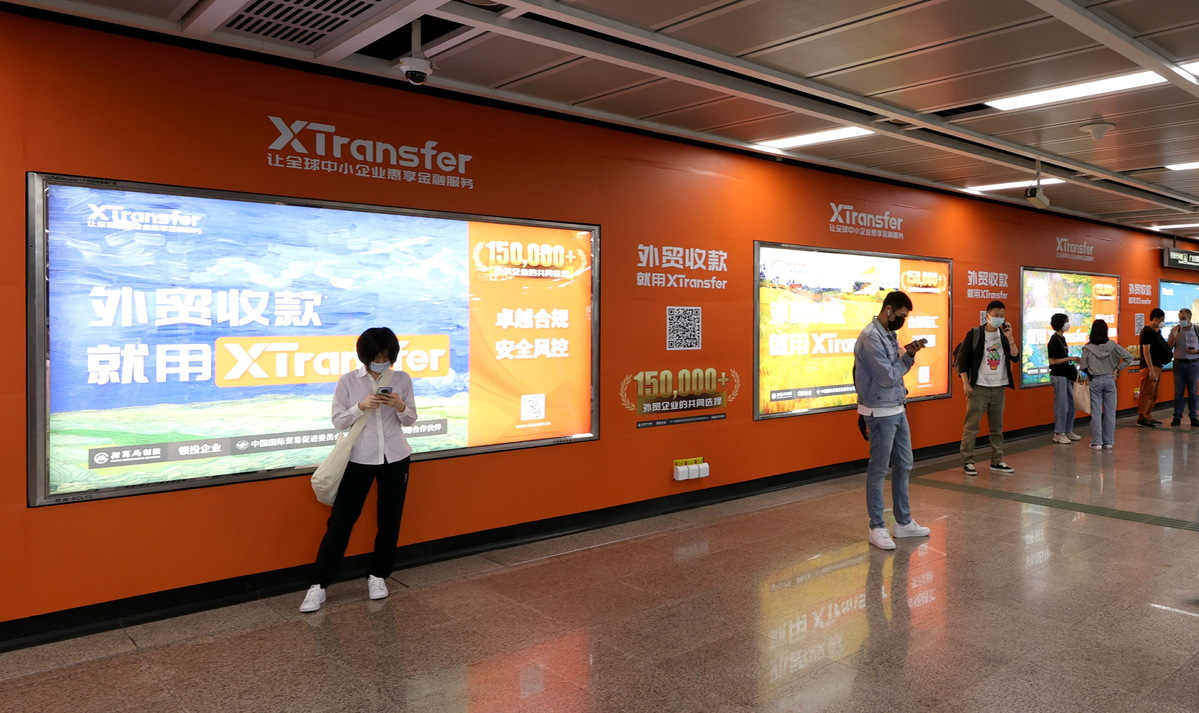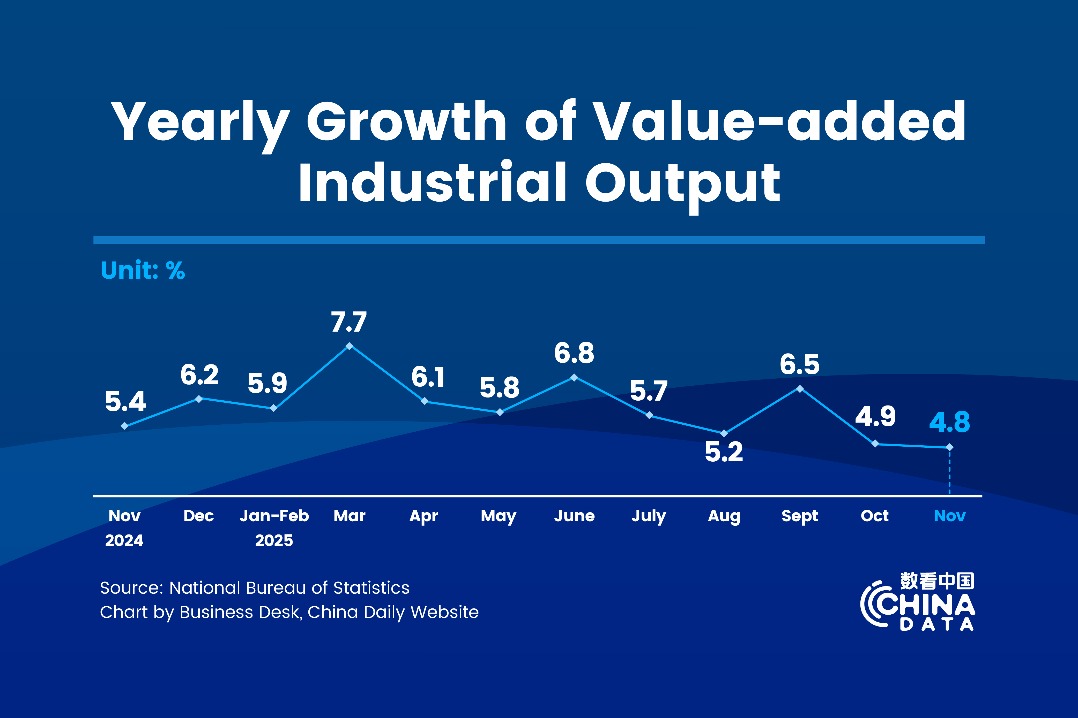XTransfer intensifies world expansion of financial services


Company partners with overseas institutions to build up network
Chinese cross-border payment operator XTransfer is intensifying efforts to go global in a move to facilitate foreign trade for overseas small and medium-sized businesses by providing them with better cross-border financial services.
Bill Deng, founder and CEO of the Shanghai-based company, said internationalization will be a key part of the company's business strategy over the next five years and the preliminary objective is to serve 10,000 overseas small and medium-sized enterprises in the coming year.
"We will put our focus on the Southeast Asian market in the initial stage," Deng said. "First, Southeast Asia has become the largest market for Chinese exporters. Second, it is also a large export market with a great number of SMEs. Moreover, the acceptance rate of products and services with a Chinese background is also high there."
Official statistics showed the Association of Southeast Asian Nations remains China's largest trading partner, with bilateral trade hitting $630.5 billion in the first nine months, growing 31.1 percent year-on-year. Trade with ASEAN accounted for 14.4 percent of China's total foreign trade in the first three quarters.
Deng said XTransfer is working on business licenses in overseas markets including Singapore, the United States and Europe to pave the way for its international expansion. It is also establishing partnerships with more overseas financial institutions such as banks in a bid to build a sound network for its global business.
"We hope that overseas business could account for more than 50 percent of the company's total five years later," he said.
Founded in 2017, XTransfer connects global financial institutions and SMEs, providing the latter with cross-border financial services such as local collection and payments, foreign currency exchange, wealth management and so forth. The company said it is serving more than 160,000 Chinese merchants.
"We want to take advantage of the experience we have gathered in China to serve overseas SMEs," he said.
Despite uncertainties over geopolitics and a COVID-19-battered world economy, Deng insisted "the tough time is also the best time" for going global.
"We can see from history that some big names in the US and the UK were founded in certain years. The economy might be bad in those specific years, but they would gain a firm foothold and put themselves in an advantageous position in the market when things got better," he said.
A report by market research firm NielsenIQ in October found major countries around the world have seen a significant increase in e-commerce traffic since the COVID-19 outbreak, with emerging countries becoming hot spots.
The US, Mexico, the United Kingdom, Australia and Canada recorded a year-on-year growth of more than 110 percent. Russia and India grew by over 90 percent on a yearly basis. Pakistan, the Philippines and Brazil-countries involved in the Belt and Road Initiative-saw e-commerce business surge by over 230 percent year-on-year, the report said.
Given the large market size and high growth rate, mature markets continued to be the major target destinations for Chinese cross-border B2B(business-to-business) merchants, with the US accounting for 43 percent, followed by Singapore, Russia and the UK, which took up 25 percent, 24 percent and 21 percent, respectively, the report said.
Ding Hao, deputy secretary-general of the cross-border e-commerce working committee at the China Electronics Chamber of Commerce, said the role XTransfer plays as a cross-border payment platform is indispensable in the export industrial chain.
The financial infrastructure it has built for small and medium-sized foreign trade businesses will help ease difficulties in opening bank accounts and other problems, such as prolonged collection of export proceeds and the high cost of foreign exchange settlement, enabling SMEs to enjoy the same cross-border financial services as large transnational corporations, he said.
Among the financial needs of cross-border e-commerce businesses, foreign exchange settlement, financing and collection of export proceeds were the most urgent, said the 2020 Cross-border E-Commerce Financial Service Report issued by market research company Ebrun.
The rapid appreciation of the renminbi against the US dollar in the second half of 2020 brought about challenges for Chinese cross-border e-commerce exporters. Over 84 percent of exporters polled said they had to accept the situation and cope with it based on their previous experience, demonstrating room for improvement in the provision of cross-border financial services, the company said.
Some 27 percent of the respondents said they have financing needs, the Ebrun report said.




































